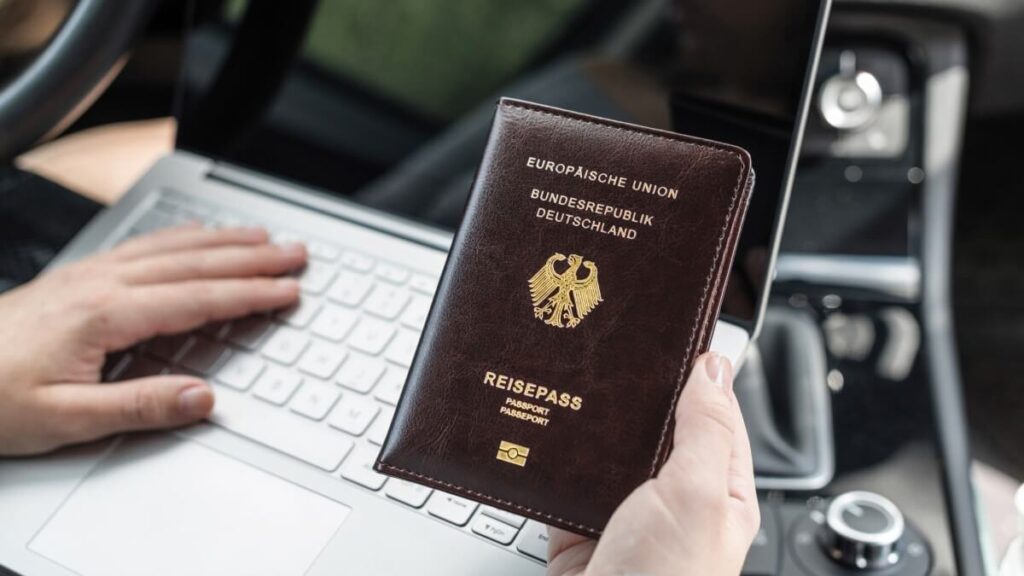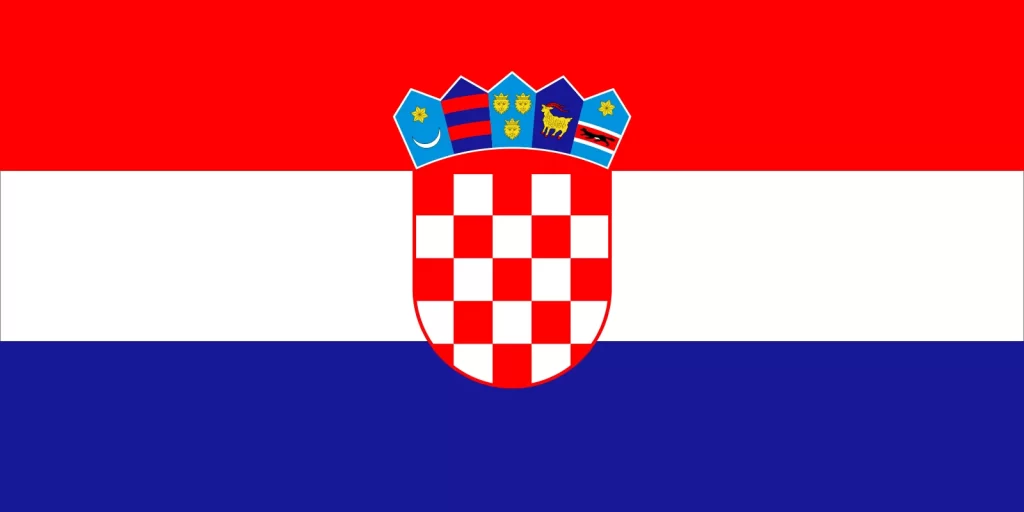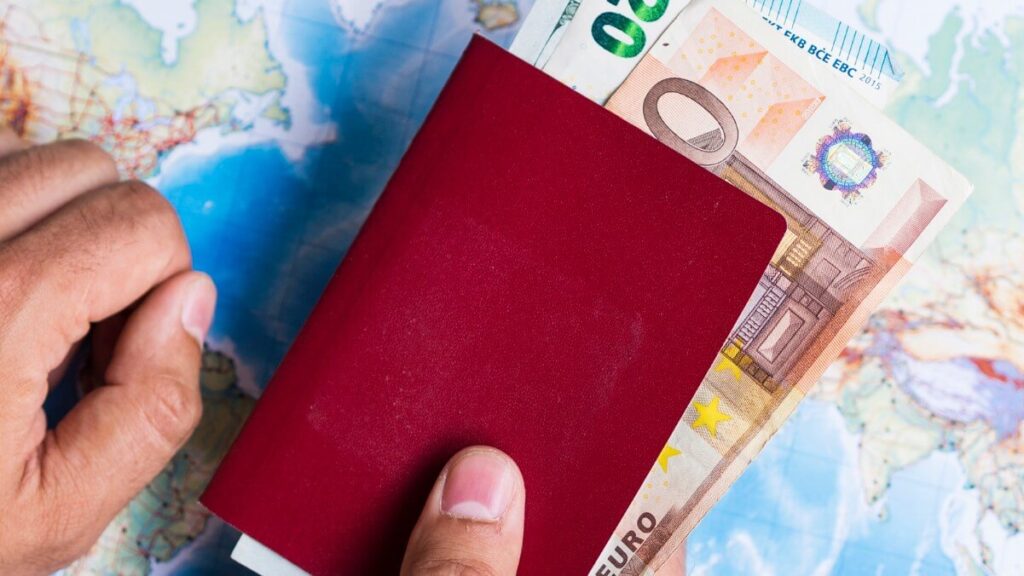
- EU Nationals Enjoy Free Movement
- As an EU member, Croatia allows citizens from other EU/EEA countries to work without a work permit.
- EU nationals only need to register their stay with local authorities if their employment exceeds three months.
- Non-EU Nationals Require Work Permits
- Non-EU nationals must obtain a work permit to work in Croatia.
- The work permit is usually tied to a residence permit and is issued by the Ministry of Interior.
- Types of Work Permits
- Temporary Work Permits: Issued for jobs lasting up to one year, primarily for seasonal or short-term employment.
- Permanent Work Permits: Granted after five years of continuous employment in Croatia.
- EU Blue Card: A special permit for highly skilled professionals that facilitates movement and work within the EU.
- Application Process for Non-EU Nationals
- The employer or the employee can apply for the permit at the Croatian embassy or the Ministry of Interior.
- Applicants must provide proof of job offer, qualifications, health insurance, and valid travel documents.
- 2024 Updates to Quota System
- Croatia no longer operates under a work permit quota system as of 2023. This change simplifies the hiring process for non-EU nationals, allowing more flexibility for employers.
- Specific industries such as IT, tourism, and construction continue to have high demand for foreign workers.
- Residence and Work Permits Together
- Non-EU nationals often receive a combined residence and work permit, streamlining the process.
- Once the permit is issued, workers can start their job legally in Croatia.
Croatia’s work permit system offers straightforward processes for EU and non-EU nationals, with 2024 updates making it even easier for non-EU workers to enter the Croatian labor market.
For latest news and updates, connect with us only at visa@gogpl.in or visit our website www.greenoutdoors.in.



